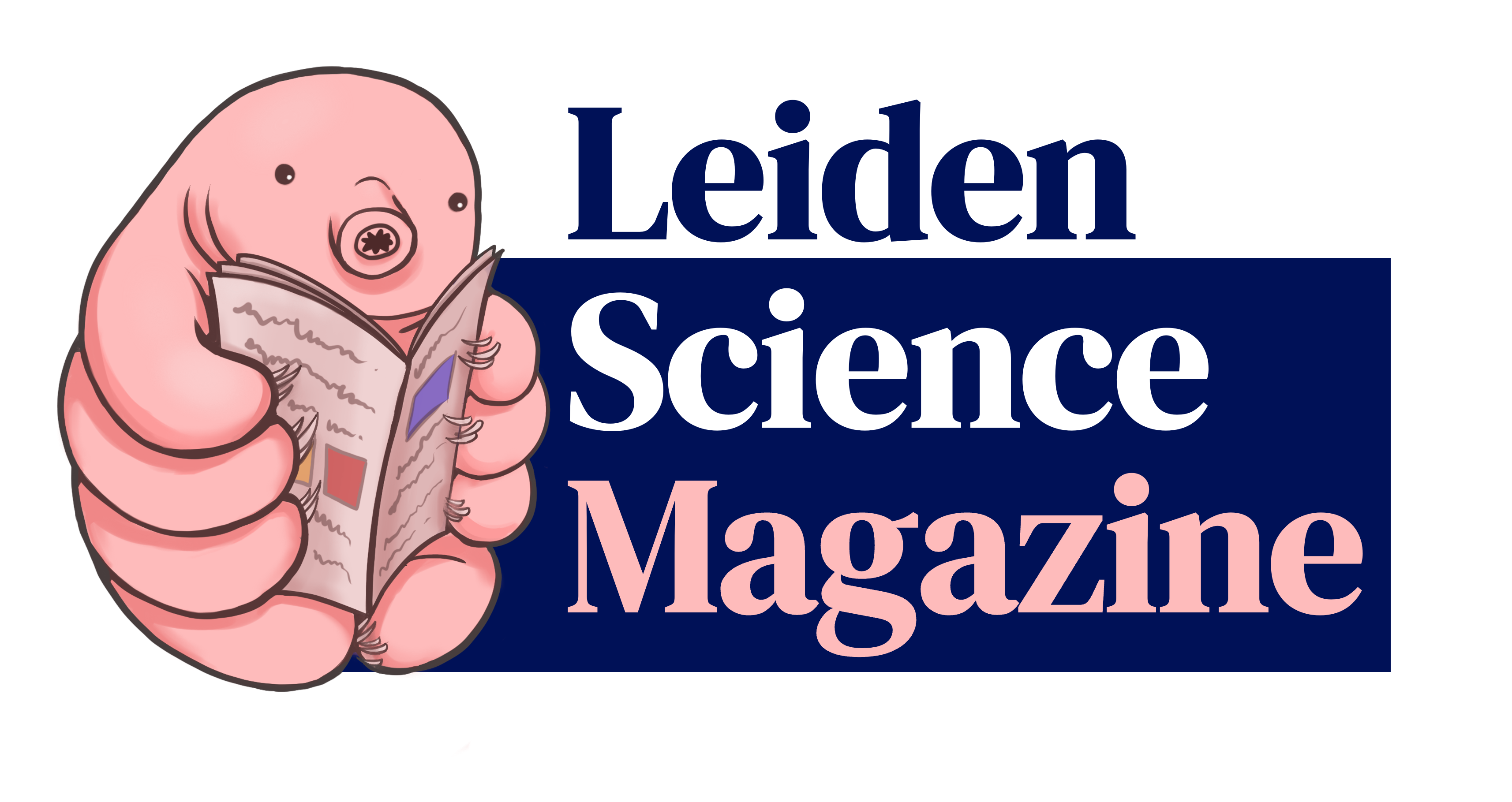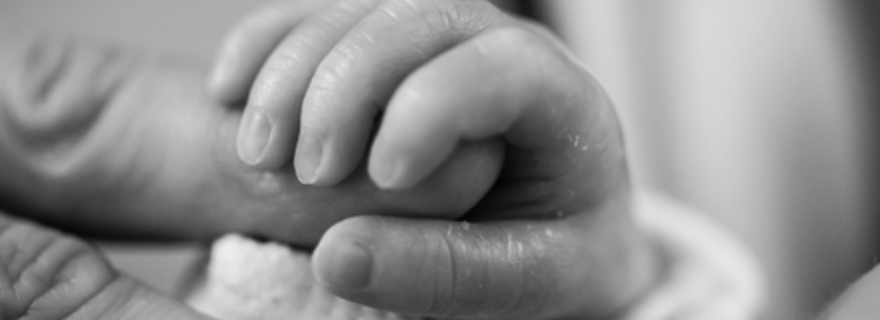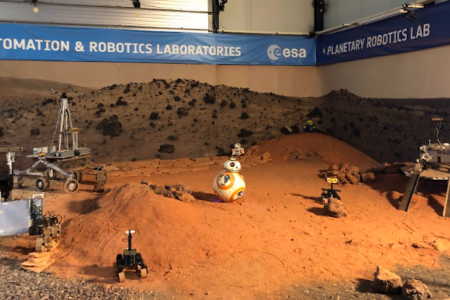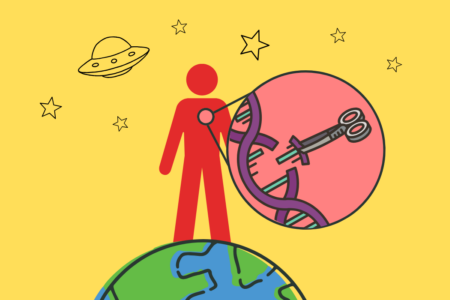How Your Birth Can Affect Your Microbiome
You owe much of your health to your microbiome. Why is that? And did you know that your birth affects your microbiome?
Specifically, your gut microbiome consists of different organisms such as bacteria and fungi that live inside your gut and help to digest food and produce vitamins. The microbes that make up your microbiome are important, since they protect you against pathogens and stimulate your immune system. They also play a major role in your food digestion. It is clear that your microbiome takes up many different roles, and a great many factors affect it. Your environment influences the consistency of your microbiome. Each individual is colonized by microbes from available environmental microbes. One especially important event that helps to divine the microbiome is your birth.
You inherit many beneficial microbes from your mother during birth. Right after birth, the largest inoculation of microbes in your body takes place. An infant receives many beneficial microbes from the vagina and lower intestinal tract of its mother during a vaginal delivery. But when an infant is born by Caesarean section, this important encounter is disrupted.
Delivery by C-section results in a decrease in beneficial microbes, such as Bacteroides and Bifidobacterium. Bifidobacteria are the most common microbes in the first year of a human’s life. Some of the bifidobacteria can degrade sugars in breast milk into short-chain fatty acids (SCFAs). These SCFAs are partly responsible for the acidic environment in the gut and help in the development of the metabolism and immune system. Another effect is a higher colonization of potentially pathogenic organisms in the microbiome of the infant.
All these differences in the microbiota of people born by C-section are linked to higher health risks. This includes a higher risk of catching infections or developing allergies, asthma, diabetes, and neurodevelopmental disorders such as ADHD. It can even affect later life, since it raises the possibility for children becoming overweight or obese. This may be because the differences in the gut microbiome can change one’s appetite and energy metabolism. However, it is also possible that other factors such as a higher use of antibiotics, little to no breastfeeding and an unhealthy diet play a role.
Then is there a solution of providing C-section infants the microbiota they missed during birth? There are different studies conducted where infants simply got swaps of their mothers’ vaginal secretion. Unfortunately, this practice had no observed benefits and may even do harm if pathogens are accidentally transferred along with the swap. More research is needed if we want to find a solution to the associated health risks of infants born by C-section.
Sources:
- Begum, T., Fatima, Y., Perales, F., Anuradha, S., & Mamun, A. (2021). Associations of caesarean section with body mass and waist circumference trajectories from age 2 to 13 years: A nationally representative birth cohort study in Australia. Pediatric Obesity. https://doi.org/10.1111/ijpo.12769
- EdX Course Nutrition and Health: Human Microbiome, Module 2 Early Life Microbiota Development, Wageningen University.
- Moya-Pérez, A., Luczynski, P., Renes, I. B., Wang, S., Borre, Y., Ryan, C. A., Knol, J., Stanton, C., Dinan, T. G., & Cryan, J. F. (2017). Intervention strategies for cesarean section- induced alterations in the microbiota-gut-brain axis. Nutrition Reviews. https://doi.org/10.1093/nutrit/nuw069
- Mueller, N. T., Differding, M. K., Østbye, T., Hoyo, C., & Benjamin-Neelon, S. E. (2021). Association of birth mode of delivery with infant faecal microbiota, potential pathobionts, and short chain fatty acids: a longitudinal study over the first year of life. BJOG: An International Journal of Obstetrics and Gynaecology. https://doi.org/10.1111/1471-0528.16633
- Stinson, L. F., Payne, M. S., & Keelan, J. A. (2018). A critical review of the bacterial baptism hypothesis and the impact of cesarean delivery on the infant microbiome. In Frontiers in Medicine. https://doi.org/10.3389/fmed.2018.00135






0 Comments
Add a comment